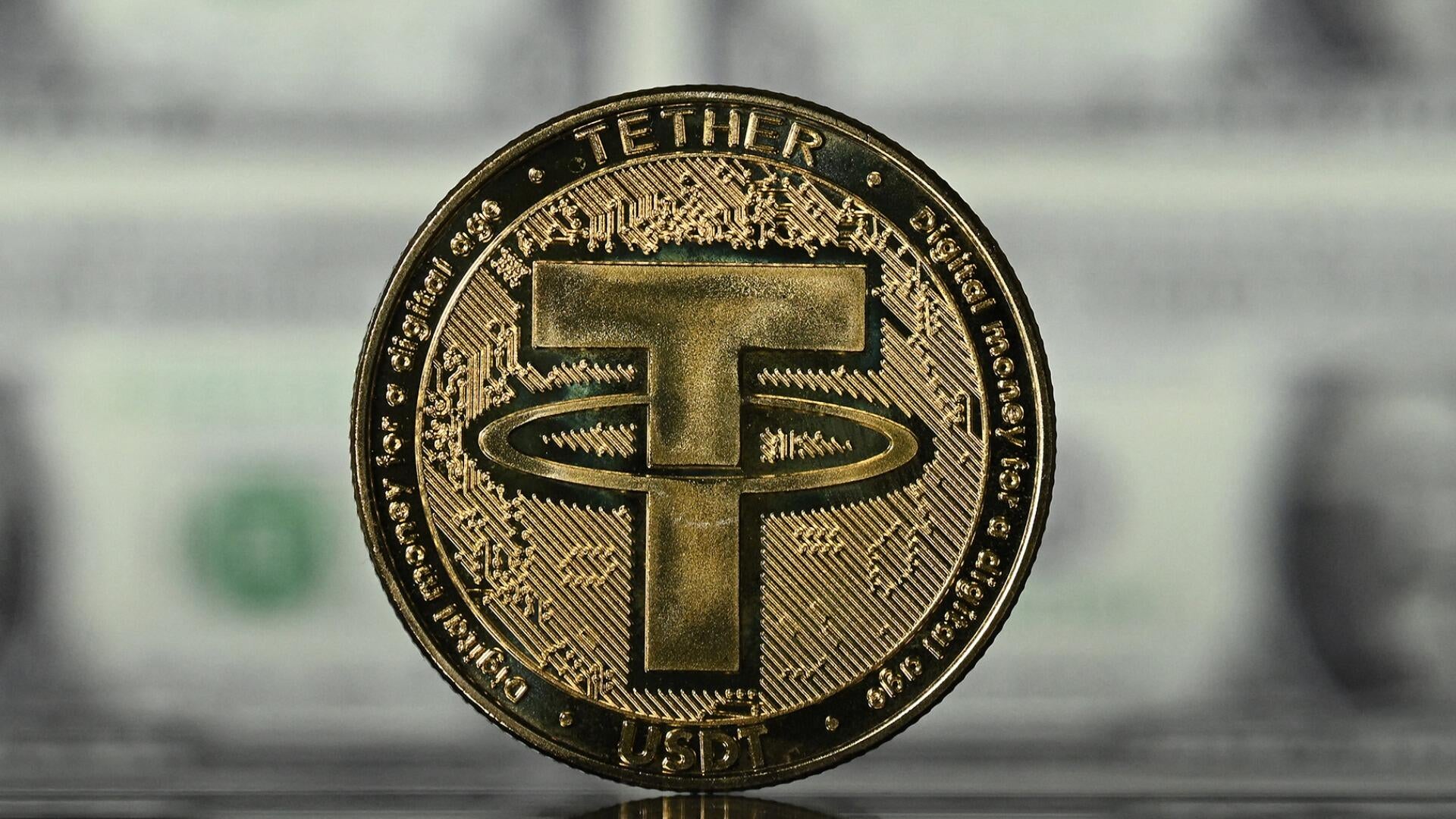Breaking down stablecoins and the GENIUS Act

So-called stablecoins could be a step closer to becoming a mainstream form of payment in the U.S. as the House of Representatives considers a bill regulating the digital currency.
The Genius Act, which passed in the Senate last month with broad bipartisan support, would create rules of the road for the $250 billion market for stablecoin, a type of cryptocurrency. The bill is also part of a broader push by Republican lawmakers and President Trump to support the cryptocurrency industry and ease regulations around the emerging sector.
House Republicans on Friday announced that Monday would be the start of "Crypto Week," when they planned to move forward on three crypto-themed bills. Along with the Genius Act, the legislation includes the Clarity Act, which would regulate digital commodities beyond stablecoins; and the Anti-CBDC Surveillance State Act, which would prevent the Federal Reserve from issuing any retail central bank digital currency directly to Americans.
The Genius Act, which is sponsored by Republican Sen. Bill Hagerty, has two Democratic co-sponsors — Sen. Kirsten Gillibrand of New York and Sen. Angela Alsobrooks of Maryland — and two Republican co-sponsors — South Carolina's Sen. Tim Scott and Wyoming's Sen. Cynthia Lummis.
Here's what to know about stablecoin and how the Genius Act could affect its use.
What is stablecoin?
Cryptocurrencies, such as bitcoin and ethereum, are prone to extreme swings in value, posing risks to investors. Stablecoins aim to reduce those risks by pegging their value to a less volatile financial asset, most commonly the U.S. dollar.
In a recent interview with CBS News' Caitlin Huey-Burns, Dante Disparte, chief strategy officer at financial technology company Circle, described stablecoins as "digital dollars." As the name implies, stablecoins are intended to be less volatile and risky than other digital tokens, making them a better medium of exchange for bank payments and other financial services, he said.
Circle is a large issuer of stablecoin and backs passage of the Genius Act.
"At the end of the day, it's about being able to send dollars outside of banking hours and to send dollars the way you and I might interact with WhatsApp or messaging platforms," Disparte said.
Disparte estimates that around 90% of stablecoins are linked to the dollar. Stablecoins are stored and exchanged on the blockchain, the public ledger technology underlying other cryptos.
What would the Genius Act do?
Backed by crypto advocates, the Genius Act (which stands for Guiding and Establishing National Innovation for U.S. Stablecoins) would establish guardrails and consumer protections for stablecoins.
The bill would also create a legal category for stablecoins and establish clear boundaries for which digital currencies could be referred to as stablecoins.
The measure, along with the other crypto bills under consideration, failed in a House vote Tuesday afternoon on procedural grounds, although another vote is possible. But if the Genius Act is passed, banks, nonbanks and credit unions could dive into the market by issuing their own stablecoins.
Along with being less volatile than other virtual currencies, stablecoins can facilitate faster, lower-cost financial transactions, supporters of the technology say. Before the Senate vote on the Genius Act in June, Sen. Bill Hagerty of Tennessee, the bill's sponsor, said stablecoins could allow businesses and consumers to settle payments "nearly instantaneously," rather than taking weeks.
Although considered less volatile than other cryptocurrencies, stablecoins come with risks. One of the biggest is that the digital currency can get "depegged" from its underlying asset if that asset's value or liquidity changes. This can trigger trading loses, or systemic market risks to insolvency and liquidity, according to S&P Global Ratings.
In 2023, for example, the failure of U.S. banks Silicon Valley Bank, Signature Bank and Silvergate Bank, caused two types of stablecoins — the USDC and DAI — to depeg.
Stablecoins are also subject "to market volatility, market confidence and adoption, technology risk, demand and supply and market liquidity," according to S&P Global.
Are stablecoins catching on in financial services?
As the Genius Act awaits approval from Congress, some of the nation's largest banks are considering how they can integrate stablecoins into their business as they face mounting competition from fintech players like Circle.
Citigroup CEO Jane Nind Fraser said on the company's earnings call Tuesday that the bank is considering issuing its own form of the cryptocurrency. Citigroup, the third-largest U.S. bank by assets, is already developing its digital currency capabilities in an attempt to expand revenue and attract clients, she added.
"We are closely monitoring developments in the legislative and regulatory space on coin issuance and evaluating how to best to support our clients' needs through our existing 24/7 products like [Citi Token Services], in addition to exploring options around issuing our own external token or coin and working with existing providers," Biswarup Chatterjee, global head of partnerships & innovation for Citi's Services business, told CBS MoneyWatch in a statement.
JPMorgan Chase, the largest U.S. bank, also plans to use stablecoin, CEO Jamie Dimon told analysts in an earnings call on Tuesday.
What is Trump's position?
Passing the Genius Act would align with Mr. Trump's commitment in March to make the U.S. the "crypto capital of the world."
At a bitcoin conference in Nashville, Tennessee, last year, Mr. Trump also said it would be his administration's policy to "keep 100% of all the bitcoin the U.S. government currently holds or acquires into the future."
Mr. Trump has taken other actions that point to his interest in cryptocurrency. In January, shortly before taking office, he and his wife Melania Trump launched their own meme coins, a highly volatile type of crypto whose value derives from their online popularity.
Reached for comment, the White House referred CBS MoneyWatch to Mr. Trump's statement Tuesday on Truth Social about the Genius Act.
"The Genius Act is going to put our Great Nation lightyears ahead of China, Europe and all others, who are trying endlessly to catch up, but they just can't do it," Mr. Trump wrote, adding that his administration would work with the Senate and the House to get the legislation passed.
The Associated Press contributed to this report.
Mary Cunningham is a reporter for CBS MoneyWatch. Before joining the business and finance vertical, she worked at "60 Minutes," CBSNews.com and CBS News 24/7 as part of the CBS News Associate Program.


















































